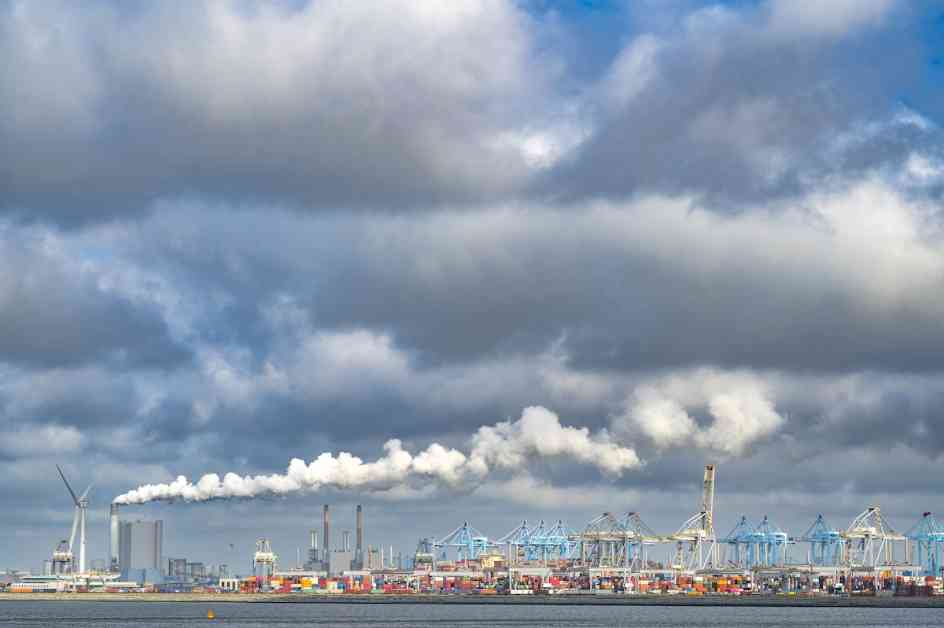In a groundbreaking analysis that challenges conventional climate science, renowned climate scientist Professor James Hansen and his team have declared the 2°C warming target as “dead.” This revelation stems from their assertion that scientists have vastly underestimated the pace of global heating. The study, titled “Global Warming Has Accelerated: Are the United Nations and the Public Well-Informed?” was published in the journal Environment: Science and Policy for Sustainable Development.
Professor Hansen, who previously worked as a climate scientist for NASA, has been a prominent figure in climate change advocacy. His early warnings to the public about the greenhouse gas effect causing climate change date back to his testimony before a United States Senate Committee on Energy and Natural Resources in 1988. Now, his latest research paints a dire picture of our planet’s future.
The study highlights the significant impact of recent reductions in shipping pollution, which block the sun, combined with escalating emissions from fossil fuels. These factors have created a shockingly rapid rise in global warming, setting a new trajectory for climate change. Professor Jeffrey Sachs, director of the Center for Sustainable Development at Columbia University, emphasized the gravity of this finding, stating that we now have a new baseline for where we stand in terms of global warming.
Unveiling the Harsh Realities of Climate Change
One of the most alarming conclusions of the study is the prediction that global temperatures are unlikely to fall much below the +1.5°C threshold, oscillating near or above that level for the foreseeable future. This shift will result in more frequent and severe climate extremes, such as powerful storms, tornadoes, and heatwaves. The analysis also warns of the intensification of droughts and floods as a direct consequence of rising global temperatures.
While some experts caution that the study’s estimates are on the high end of available climate science predictions, they acknowledge that these worst-case scenarios cannot be dismissed. Dr. Zeke Hausfather, a climate scientist not involved in the study, emphasized that uncertainties persist in key areas like pollution cuts and climate sensitivity. The implications of Hansen’s research suggest that extreme weather events may occur sooner than expected, pushing the planet perilously close to critical tipping points.
The Urgency of Climate Action
The study’s findings underscore the urgent need for immediate action to curb carbon emissions and transition to renewable energy sources. Failure to act decisively could lead to irreversible consequences, including the collapse of crucial ocean currents, sea level rise, and the loss of vital ecosystems. The authors stress that the 2°C target outlined in the Paris Agreement is now unattainable, given the current trajectory of global energy consumption.
In light of these revelations, Professor Hansen calls for a reevaluation of existing climate policies and a concerted effort to empower voters over special interests. He emphasizes the need for democratic systems to prioritize the well-being of the planet and future generations. As the world grapples with the harsh realities of climate change, it becomes increasingly clear that bold, transformative actions are needed to secure a sustainable future for all.
As we confront the challenges posed by accelerating global warming, the insights from Professor Hansen’s research serve as a stark reminder of the critical juncture at which we find ourselves. The time to act is now, and the decisions we make today will shape the future of our planet for generations to come.














